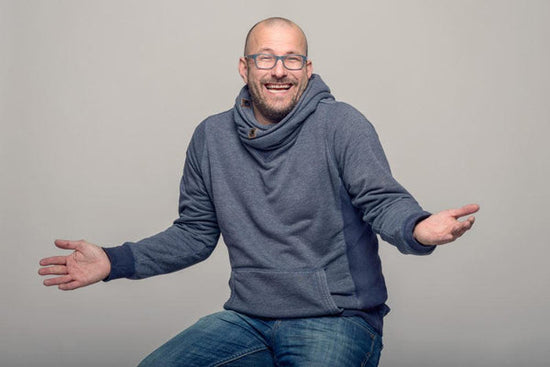
Cancer Questions Doctors Never Answer
Cancer Questions Doctors Never Answer
Navigating the Fog of Cancer: Understanding the Information Gap
There was a time when I hesitated to write about cancer, fearing that it was mere clickbait. After all, people don't typically read about everyday topics like breathing. However, a realization struck me recently: I can assist individuals with cancer by discussing the unspoken aspects that doctors often can't address. Being diagnosed with cancer is already immensely challenging, and the ensuing confusion only adds to the struggle. In this blog post, I aim to be your guiding light amidst the fog, helping you navigate this difficult time.
The Frustrations of Seeking Information
Regardless of where you seek cancer treatment, you've likely experienced the frustration of information exchange with your oncologist. As someone grappling with cancer, you yearn for answers that your doctor simply cannot provide. They aren't fortune-tellers, and it's not within their comfort zone to disclose information that may or may not be accurate. So, let's delve into why your oncologist may seem reticent about the information you feel is essential.
Why Can't Oncologists Offer Detailed Prognoses?
Your oncologist can only share what they know, mostly due to state laws governing medical practice. With cancer, each patient's response to medication varies significantly. While your oncologist can examine your scans and provide a prognosis that may seem generic, that's the extent of their capabilities. Frankly, they have no way of predicting how your body will react to any treatment.
Now, you might jest that your next treatment could turn you into Hellboy with horns, but the truth is your doctor only knows what the prescribed medications are intended to achieve. Once those medications enter your system and you encounter cancer, anything can happen.
The Sense Your Doctor is Withholding Information
Sometimes, it feels like your oncologist isn't divulging everything. That there are some cancer questions they will never answer. Just like any other doctor, an oncologist spends time understanding their patient to gauge how they will handle specific types of information. In my personal experience, both my oncologist and primary doctor have recognized that I struggle with receiving bad news. Consequently, they've developed effective ways to inform me while ensuring I remain well-informed without spiraling into anxiety.
During my time with my oncologist, I've had access to information that indicated they chose not to disclose certain aspects of my treatment. This decision was based on their familiarity with my personality and their desire to assess the situation before sharing potentially distressing news. Thankfully, in such instances, the withheld information eventually resolved itself, and everything turned out fine.
Understanding the Decision to Withhold Information
I understand what you may be thinking: "How could a doctor choose not to tell you something? That's irresponsible!" "Why are there some cancer questions doctors never answer?"
But, as I mentioned, my doctors have a deep understanding of how to communicate with me effectively. If there's critical, life-threatening information I need to know, they never hesitate to share it. However, if you've never experienced cancer, you may not comprehend the immense stress it brings.
Your doctor's primary aim is to avoid worsening your state by providing unnecessary information that may or may not be relevant. They want you to focus on positive aspects and maintain a constructive mindset.
Undoubtedly, there were instances where my oncologist withheld information that I had no control over. Nonetheless, it didn't impact my treatment. On the contrary, not knowing certain details helped me remain calm and positive during a challenging period. Ultimately, that's precisely what your doctor aims to achieve. In my experience, if you have specific cancer questions that you feel your doctors never answer, ask again.
The Psychological Element of Oncology:
Within the realm of oncology, there exists a profound psychological dimension. At times, oncologists must make the difficult decision to withhold specific information, recognizing that it may not be well-received by the patient. Unfortunately, in these instances, neither the oncologist nor the patient can alter this reality. It's important to understand that individuals diagnosed with cancer often express a strong desire to actively participate in their treatment, seeking answers to their pressing questions. However, when confronted with such high stakes, it becomes imperative to trust the judgment of these experienced medical professionals. They have devoted years to helping individuals in similar circumstances and navigating the intricate complexities of cancer, including those perplexing "cancer questions doctors never answer."
Remember, doctors never act out of malice. It's crucial to view the world from their perspective. Every day, patients walk into an oncologist's office with eager anticipation, hoping to hear how the doctor plans to help them survive. The pressure they face is tremendous, and oncologists have developed coping mechanisms that benefit both themselves and their patients.










